During the days of America's founding, colonies would declare:
- days of prayer when times were bad;
- days of fasting when times were real bad; and
- days of thanksgiving when things turned around.
![]()
This developed into many colonies, like New Hampshire and Massachusetts, having annual days of fasting, often on Good Friday.
- if people sinned, He would call them to repent;
- if they did not repent, He would sent judgment; and
- then when they repented and believed, He would send deliverance, health, and blessings.
This was expressed in Deuteronomy 28:
"If thou shalt HEARKEN diligently unto the voice of the Lord thy God, to observe and to do all his commandments ... all these BLESSINGS shall come on thee, and overtake thee ...
But ... if thou wilt NOT HEARKEN unto the voice of the Lord thy God, to observe to do all his commandments ... all these CURSES shall come upon thee, and overtake thee."
"If my people, which are called by my name, shall humble themselves, and pray, and seek my face, and turn from their wicked ways; then will I hear from heaven, and will forgive their sin, and will heal their land."
"The calamities of a bloody war ... seem every year more nearly to approach us ... and there is just reason to fear that unless we humble ourselves before the Lord and amend our ways, we may be chastised with yet heavier judgments.
"With apprehension ... from the hostile invasion of the city of Boston ... whose commerce and harbor are ... to be stopped by an armed force, deem it highly necessary that the said first day of June be set apart, by the members of this House, as a Day of Fasting, Humiliation and Prayer, devoutly to implore the Divine interposition."
"The grateful feeling of their hearts ... join the penitent confession of their manifold sins ... that it may please God, through the merits of Jesus Christ, mercifully to forgive and blot them out of remembrance ... and ... under the providence of Almighty God ... secure for these United States the greatest of all human blessings, independence and peace."
When the British surrendered on September 23, 1779, the Continental Congress declared a Day of Thanksgiving, recommending that the thirteen states do likewise.
"Congress ... hath thought proper ... to recommend to the several States ... a day of public and solemn Thanksgiving to Almighty God, for his mercies, and of Prayer, for the continuance of his favor ... That He would go forth with our hosts and crown our arms with victory ...
That He would bless and prosper the means of education, and spread the light of Christian knowledge through the remotest corners of the earth ...
I do therefore ... issue this proclamation ... appointing ... a day of public and solemn Thanksgiving and Prayer to Almighty God ...
Given under by hand ... this 11th day of November, in the year of our Lord, 1779 ... Thomas Jefferson."
Traitor Benedict Arnold planned to betray West Point to the British on the exact day General Washington was scheduled to visit, ensuring his capture. When the plot was thwarted, the Continental Congress proclaimed a Day of Thanksgiving, October 18, 1780:
After British General Cornwallis surrendered at Yorktown, Congress proclaimed a Day of Thanksgiving, October 11, 1782:
"It being the indispensable duty of all nations ... to offer up their supplications to Almighty God ... the United States in Congress assembled ... do hereby recommend it to the inhabitants of these states in general, to observe ... the last Thursday ... of November next, as a Day of Solemn Thanksgiving to God for all his mercies."
Congress proclaimed a Day of Thanksgiving, October 18, 1783:
"Whereas it hath pleased the Supreme Ruler of all human events, to dispose the hearts of the late belligerent powers to put a period to the effusion of human blood, by proclaiming a cessation of all hostilities by sea and land, and these United States are not only happily rescued from the dangers and calamities to which they have been so long exposed, but their freedom, sovereignty and independence ultimately acknowledged.
And whereas in the progress of a contest on which the most essential rights of human nature depended, the interposition of Divine Providence in our favor hath been most abundantly and most graciously manifested, and the citizens of these United States have every reason for praise and gratitude to the God of their salvation.
Impressed, therefore, with an exalted sense of the blessings by which we are surrounded, and of our entire dependence on that Almighty Being, from whose goodness and bounty they are derived, the United States in Congress assembled do recommend it to the several States, to set apart the second Thursday in December next, as a day of public thanksgiving,
that all the people may then assemble to celebrate with grateful hearts and united voices, the praises of their Supreme and all bountiful Benefactor, for his numberless favors and mercies.
That he hath been pleased to conduct us in safety through all the perils and vicissitudes of the war ... and above all, that he hath been pleased to continue to us the light of the blessed gospel, and secured to us in the fullest extent the rights of conscience in faith and worship.
And while our hearts overflow with gratitude, and our lips set forth the praises of our great Creator, that we also offer up fervent supplications, that it may please him to pardon all our offenses ... to smile upon our seminaries and means of education, to cause pure religion and virtue to flourish, to give peace to all nations, and to fill the world with his glory.
Massachusetts Governor John Hancock, who was a former President of the Continental Congress, proclaimed a Day of Thanksgiving, November 8, 1783:
"The Citizens of these United States have every Reason for Praise and Gratitude to the God of their salvation ... I do ... appoint ... the 11th day of December next (the day recommended by the Congress to all the States to be religiously observed as a Day of Thanksgiving and Prayer, that all the people may then assemble to celebrate ... that he hath been pleased to continue to us the Light of the Blessed Gospel ... That we also offer up fervent supplications ... to cause pure Religion and Virtue to flourish ... and to fill the world with His glory."
Washington wrote October 3, 1789:
"Whereas it is the duty of all Nations to acknowledge the providence of Almighty God, to obey his will, to be grateful for his benefits, and humbly to implore his protection and favor--
and Whereas both Houses of Congress have by their joint Committee requested me 'to recommend to the People of the United States a Day of Public Thanksgiving and Prayer to be observed by acknowledging with grateful hearts the many signal favors of Almighty God, especially by affording them an opportunity peaceably to establish a form of government for their safety and happiness' ...
That we may then all unite in rendering unto Him our sincere and humble Thanks ... for the peaceable and rational manner in which we have been enabled to establish constitutions of government ... particularly the national one now lately instituted, for the civil and religious liberty with which we are blessed ... to promote the knowledge and practice of true religion and virtue."
"Resolved, in perfect reliance on that gracious Providence which so signally displays its goodness towards this country to reduce the refractory to a due subordination to the law ...
To call to mind that, as the people of the United States have been permitted, under Divine favor, in perfect freedom, after solemn deliberation, and in an enlightened age, to elect their own government, so will their gratitude for this inestimable blessing be best distinguished by firm exertions to maintain the Constitution and the laws."


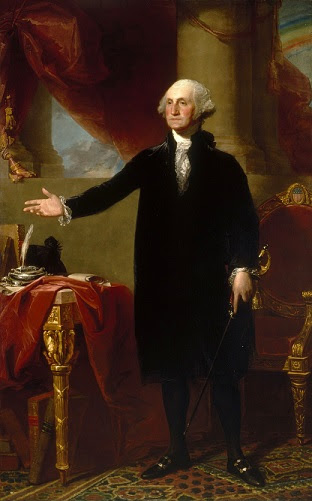

While the French Revolution was raging, President George Washington proclaimed on January 1, 1795, a National Day of Thanksgiving:
"When we review the calamities, which afflict so many other nations ... the great degree of internal tranquility we have enjoyed - the recent confirmation of that tranquility by the suppression of an insurrection which so wantonly threatened it - the happy course of public affairs in general - the unexampled prosperity of all classes of our citizens; are circumstances which peculiarly mark our situation with indications of the Divine beneficence towards us.
In such a state of things it is, in an especial manner, our duty as people, with devout reverence and affectionate gratitude, to acknowledge our many and great obligations to Almighty God and to implore Him to continue and confirm the blessings we experience ...
I, George Washington, President of the United States, do recommend to all religious societies and denominations, and to all persons whomsoever, within the United States,
to set apart ... a Day of public Thanksgiving and Prayer: and on that day to meet together and render their sincere and hearty thanks to the great Ruler of Nations."
"The Senate and House of Representatives ... signified their desire that a day may ... be observed by the people of the United States with religious solemnity as a Day of Thanksgiving and of devout acknowledgments to Almighty God for His great goodness manifested in restoring to them the blessing of peace.
No people ought to feel greater obligations to celebrate the goodness of the Great Disposer of Events and of the Destiny of Nations than the people of the United States ... His kind Providence originally conducted them to one of the best portions of the dwelling place allotted for the great family of the human race.
His kind Providence originally conducted them to one of the best portions of the dwelling place allotted for the great family of the human race.
He protected ... them under all the difficulties and trials to which they were exposed in their early days ...
In the arduous struggle ... they were distinguished by multiplied tokens of His benign interposition ...
He ... enabled them to assert their national rights and to enhance their national character in another arduous conflict, which is now so happily terminated by a peace and reconciliation with those who have been our enemies.
And to the same Divine Author of Every Good and Perfect Gift we are indebted for all those privileges and advantages, religious as well as civil, which are so richly enjoyed in this favored land ...
Given ... in the year of our Lord one thousand eight hundred and fifteen ... James Madison."
Abraham Lincoln proclaimed the first "Annual" National Day of Thanksgiving, Washington, D.C., October 3, 1863:
"In the midst of a civil war of unequaled magnitude and severity ...
I do therefore invite my fellow citizens in every part of the United States, and also those who are at sea and those who are sojourning in foreign lands, to set apart and observe the last Thursday of November next, as a day of Thanksgiving and Praise to our beneficent Father who dwelleth in the Heavens ...
In testimony whereof, I have hereunto set my hand and caused the Seal of the United States to be affixed.
Done at the City of Washington, this Third day of October, in the year of our Lord one thousand eight hundred and sixty-three, and of the Independence of the United States the Eighty-eighth.
By the President: Abraham Lincoln, William H. Seward, Secretary of State."
America was spared a global cholera pandemic, as referenced in President Grover Cleveland's National Day of Thanksgiving and Prayer Proclamation, November 1, 1888:
"On that day let all our people suspend their ordinary work and occupations, and in their accustomed places of worship, with prayer and songs of praise, render thanks to God for all His mercies ...
And mindful of the afflictive dispensations with which a portion of our land has been visited, let us, while we humble ourselves before the power of God, acknowledge His mercy in setting bounds to the deadly march of pestilence, and let our hearts be chastened by sympathy with our fellow-countrymen who have suffered and who mourn.
And as we return thanks for all the blessings which we have received from the hand of our Heavenly Father, let us not forget that He has enjoined upon us charity;
and on this day of thanksgiving let us generously remember the poor and needy, so that our tribute of praise and gratitude may be acceptable in the sight of the Lord."
"George Washington took the oath of office as Chief Magistrate of the new-born Republic.
This impressive act was preceded at 9 o'clock in the morning in all the churches of the city by prayer for God's blessing on the Government and its first President ...
In order that the joy of the occasion may be associated with a deep thankfulness in the minds of the people for all our blessings in the past and a devout supplication to God for their gracious continuance in the future,
the representatives of the religious creeds, both Christian and Hebrew, have memorialized the Government to designate an hour for prayer and thanksgiving on that day."
"The works of religion and charity have everywhere been manifest ...
We have been generally exempt from pestilence and other great calamities; and even the tragic visitation which overwhelmed the city of Galveston made evident the sentiments of sympathy and Christian charity by virtue of which we are one united people.
Now, therefore, I, William McKinley, President of the United States, do hereby appoint and set apart Thursday, the 29th of November next, to be observed by all the people of the United States, at home or abroad, as a day of thanksgiving and praise to Him who holds the nations in the hollow of His hand ...
and that they humbly pray for the continuance of His Divine favor, for concord and amity with other nations, and for righteousness and peace in all our ways."
"During the last year the Lord has dealt bountifully with us ...
It behooves us not only to rejoice greatly because of what has been given us, but to accept it with a solemn sense of responsibility, realizing that under Heaven it rests with us ourselves to show that we are worthy to use aright what has thus been entrusted to our care ...
Failure would not only be a dreadful thing for us, but a dreadful thing for all mankind, because it would mean loss of hope for all who believe in the power and the righteousness of liberty.
Therefore, in thanking God for the mercies extended to us in the past, we beseech Him that He may not withhold them in the future."
On November 28, 2018, Representative e Mike Johnson from Louisiana stated in a Special session of the U.S. House, CSPAN:
"I want to thank my colleague, Congressman Lamborn, for organizing this special order recognizing the 77th annual National Bible Week in America ... This is a declaration first made by President Franklin D. Roosevelt just weeks before the start of World War Two.
As we do on this occasion every year, my colleagues and I extol the virtues of the Holy Bible. It is the most widely published, widely read, most influential Book in all human history, and of course, to us as Christians, we know it is more than just a good book. We order our lives upon this Book.
"On Thanksgiving Day, as we have for nearly four centuries, Americans give thanks to Almighty God for our abundant blessings.
We gather with the people we love to show gratitude for our freedom, for our friends and families, and for the prosperous Nation we call home ...
In July 1620, more than 100 Pilgrims boarded the Mayflower, fleeing religious persecution and seeking freedom and opportunity in a new and unfamiliar place. These dauntless souls arrived in Plymouth, Massachusetts, in the freezing cold of December 1620. They were greeted by sickness and severe weather, and quickly lost 46 of their fellow travelers ...
For the next two centuries, many individual colonies and states, primarily in the Northeast, carried on the tradition of fall Thanksgiving festivities ...

We can see, in the courageous Pilgrims who stood on Plymouth Rock in new land, the intrepidness that lies at the core of our American spirit.

Just as the Pilgrims did, today Americans stand strong, willing to fight for their families and their futures, to uphold our values, and to confront any challenge ...
NOW, THEREFORE, I, DONALD J. TRUMP, President of the United States of America, by virtue of the authority vested in me by the Constitution and the laws of the United States, do hereby proclaim Thursday, November 23, 2017, as a National Day of Thanksgiving.
I encourage all Americans to gather, in homes and places of worship, to offer a prayer of thanks to God for our many blessings."
-
American Minute is a registered trademark of William J. Federer. Permission granted to forward, reprint, or duplicate.
--



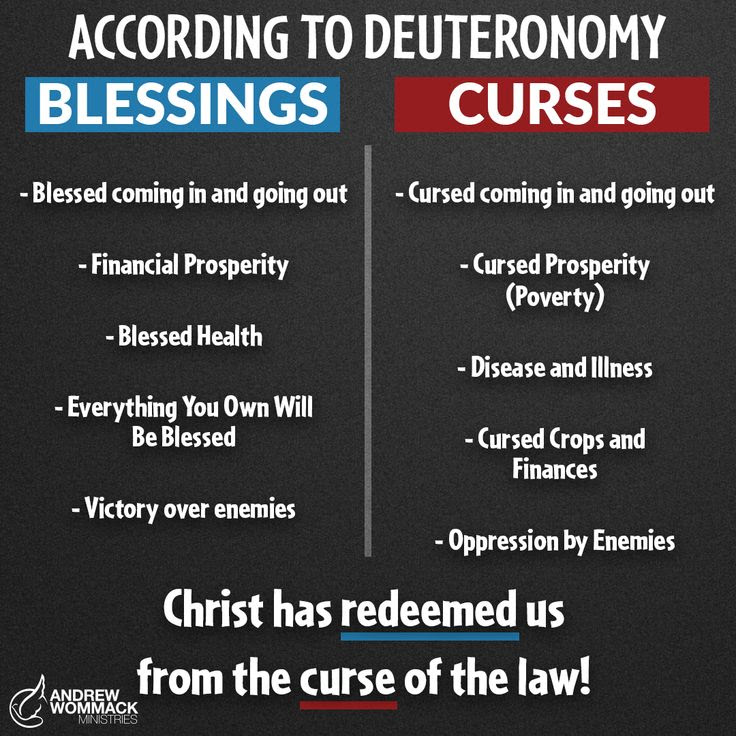

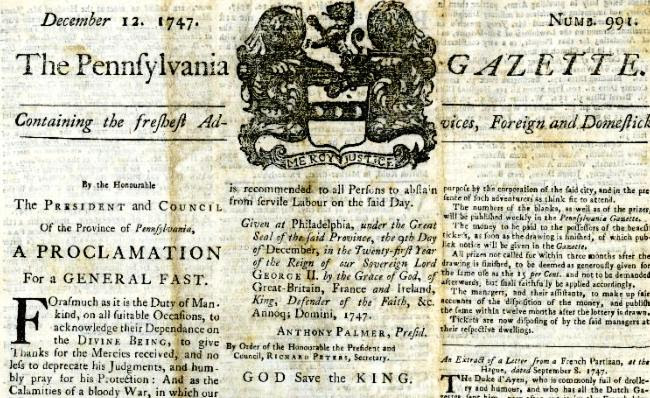
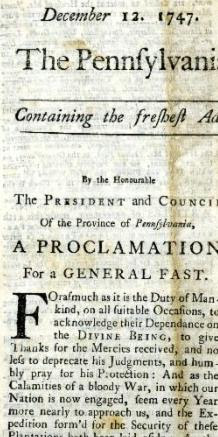
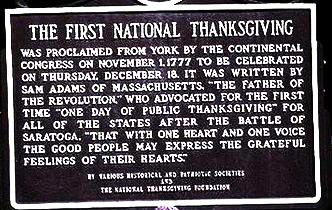
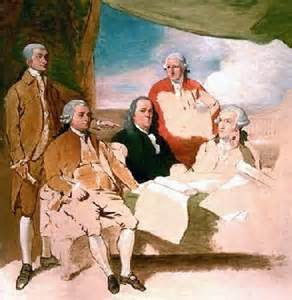
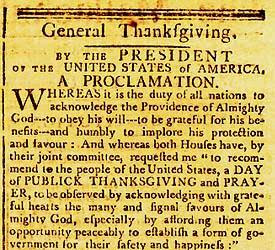
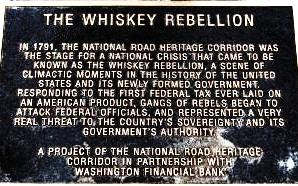
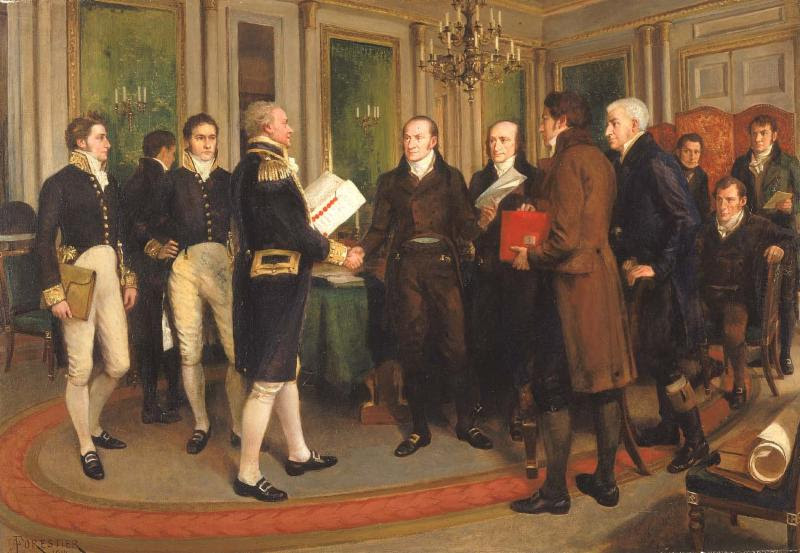

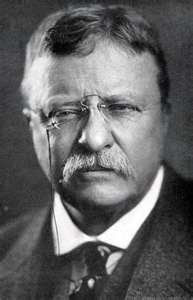
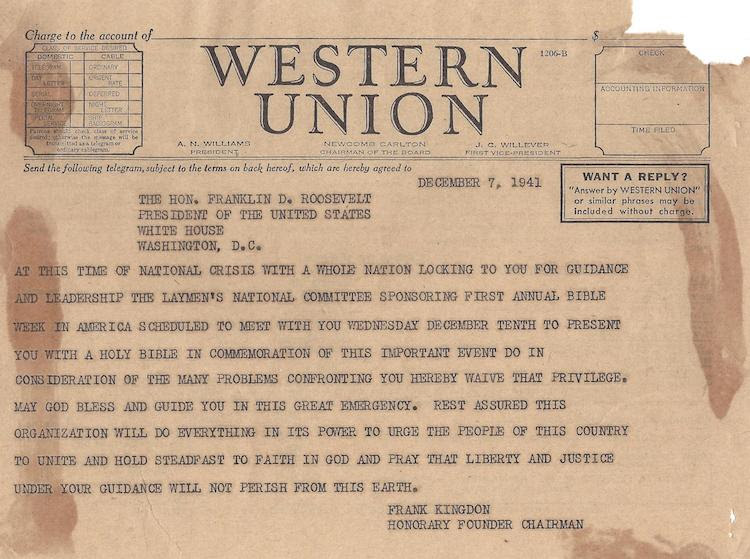


Happy Thanksgiving to you, Dr. Federer!
Even though this article was written c. 2021, it’s just applicable as today. Some writers don’t age well, but your articles stand the test of time.
Hello Bill and belated Happy Thanksgiving to you! On this – and many other articles you’ve presented thru the years – on Thanksgiving and Fasting, am I to understand it is your perspective that we, the American People – Born Again Christians in particular – ought to devote ourselves most frequently to no only prayers of thanks to our beloved Sovereign God for all He provides/has provided, but that we should also be a Christian nation of fasting as well? Kind regards and many thanks for all your wonderfully illuminating articles! Clovis Gentilhomme – Gal 6:2
Thank you so much for spreading TRUTH. The truth about God and our Founding. I just want to say GREAT JOB and Thanks! God Bless!
Incredibly excellent post! Thank you!